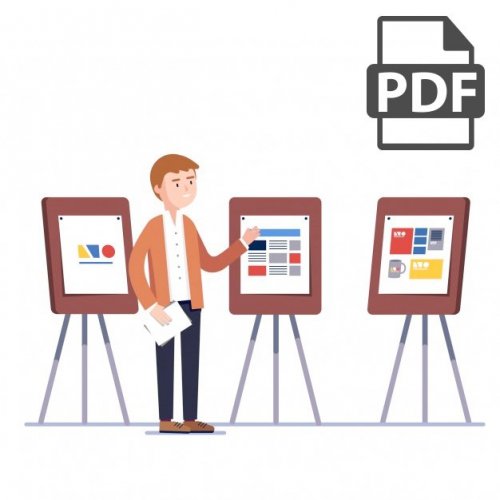Описание файла
Бесплатно для зарегистрированных пользователей, членов Клуба и ВИП-членов.
How One Small Change Helped People Make Healthier Choices
Автор: Lloyd Minor
Lloyd B. Minor is dean of the Stanford University School of Medicine. He is also a professor of otolaryngology–head and neck surgery and a professor of bioengineering and of neurobiology, by courtesy. Our health is affected by the decisions we make every day, and promoting healthy choices could dramatically stem the growing tide of chronic disease around the world. Although actually making the switch to healthier choices—as we all know—is an uphill battle, we are discovering more about how we can get people to adopt healthier behaviors by changing the economic, political and social factors that influence their lives.
Even something like changing the frequency of cash-assistance payments to the underserved can make a difference. This new learning comes from research done by Stanford epidemiologist Sanjay Basu on how the timing of government-sponsored cash assistance affects health behaviors. In 2013, Dr. Basu and his team began researching the purchasing of unhealthy “temptation goods,” including alcohol, cigarettes and sugary foods, among a group of Peruvian farmers who received government assistance. The country was experiencing an alarming growth in diseases like hypertension and diabetes that are exacerbated by the consumption of these goods, and public health officials wanted to know why.
Turns out, the Peruvian government had recently made a change that ended up having an enormous negative impact: It had switched from making twice-monthly assistance payments to a once-a-month schedule. The overall amount of the payments didn’t change, but the move toward less-frequent payments led to a striking increase in the purchase of temptation goods—by as much as 70% in some cases.
Dr. Basu and his team suggest two behavioral issues are likely to blame for this pattern. First, people tend to make larger discretionary purchases when they get paid. Second, people are more likely to binge on temptation goods when the time between payments is longer, because they’ve gone without those goods for a longer period. Since this initial study, Basu has transferred his findings to other locations, including San Francisco. Working with UCSF professor and physician Hilary Seligman, Dr. Basu is running a new program in San Francisco’s low-income neighborhoods to learn if more-frequent food voucher distribution will help mitigate the purchase of temptation goods in those communities
Dr. Basu and his team are also looking at broader questions of how public-assistance programs can improve individual health and nutrition, developing machine-learning algorithms to identify which groups of people are best served by different forms of aid such as food assistance, mentalhealth resources and transport aid.
ВНИМАНИЕ!
Полностью статья изложена в PDF-файле, который доступен бесплатно для зарегистрированных пользователей, членов и ВИП-членов Клуба Знаний Мебельного Бизнеса.
Если Вы ещё не зарегистрированы у нас на площадке, сделайте это сейчас здесь - займет всего 1 мин.
Вам также станут бесплатно доступны более 2000 материалов по маркетингу, мерчандайзингу, управлению, продажам, должностные инструкции, фото, видео.
Жалоба


